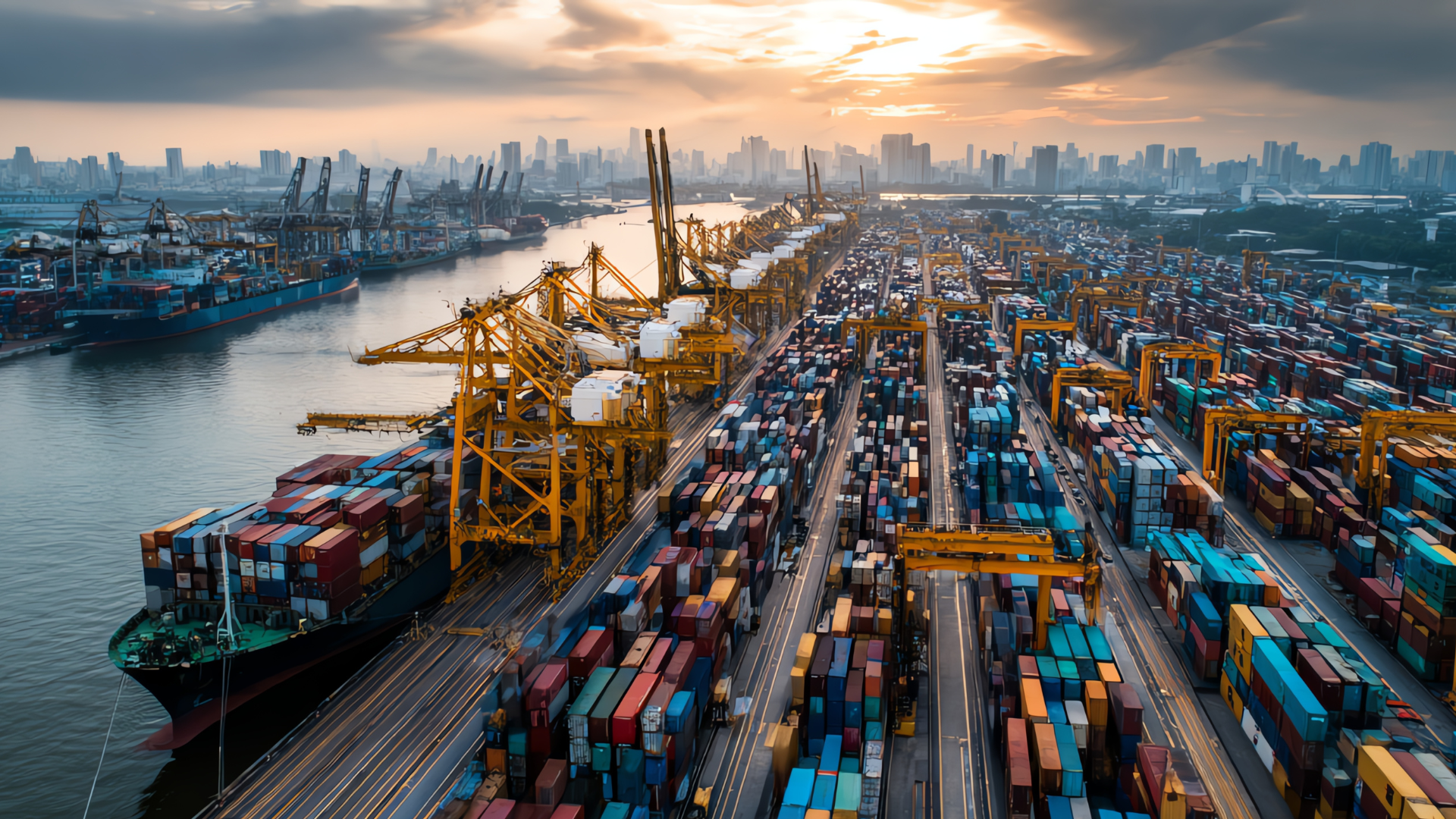On April 2nd, US President Donald Trump announced a range of broad trade tariffs on imported goods entering the United States. Global trade dynamics have shifted dramatically, as a 10% baseline tariff on US imports altering the landscape for procurement teams worldwide.
Donald Trump's sweeping tariffs, unveiled at the White House on 'Liberation Day,' are set to pose significant challenges to global procurement strategies.
The President introduced a baseline 10% tax on US imports, impacting numerous countries, with some facing charges as high as 50%.
This action is expected to escalate tensions in the global trade landscape, as many nations may retaliate with their own tariffs, potentially sparking a trade war. For large enterprises, managing international supply chains will likely become a more complex task, requiring enhanced risk management and adaptability.
Impact on procurement due to tariffs
Procurement leaders around the globe are grappling with the fallout from Trump’s announcement. Tariffs are yet another indication that the era of stable, predictable global trade has come to an end. Future success will depend on businesses investing in smarter, more adaptable supply chain operations.
Supplier intelligence platform Supplier.io has shared data on domestic capacity for suppliers within the US:
Manufacturing and automotive: 120,000+ U.S.-based engine part manufacturers, including 66,000 machine shops, 29,000 precision manufacturers and 40,000 transmission providers:
Agriculture and food: Over 100,000 U.S. farmers and food producers, including 44,000 fruit and vegetable providers, 44,000 meat producers and 11,000 dairy suppliers.
Consumer electronics: 100,000+ electronics and component providers, 150,000+ computer and storage device manufacturers and 114,000+ semiconductor suppliers.
The data also reveals that fewer than half of procurement teams are taking immediate action, with 36% still relying on basic internet searches for sourcing, putting millions in potential revenue at risk.
Strategic procurement adjustments
The uneven tariff landscape requires a strategic overhaul of procurement methods.
With the UK facing a 10% tariff, experts like Alex Altmann, Partner at Lubbock Fine, are advising the UK to seek a trade deal with the US. This could establish the UK as an offshore manufacturing hub for EU companies, especially German automotive manufacturers.
Proactively managing these challenges will require procurement leaders to constantly update and refine their strategies, with a strong focus on resilience and flexibility in supply operations.
As the situation evolves, staying informed about regulatory changes and geopolitical tensions will be crucial for maintaining supply chain integrity and optimising procurement results.


